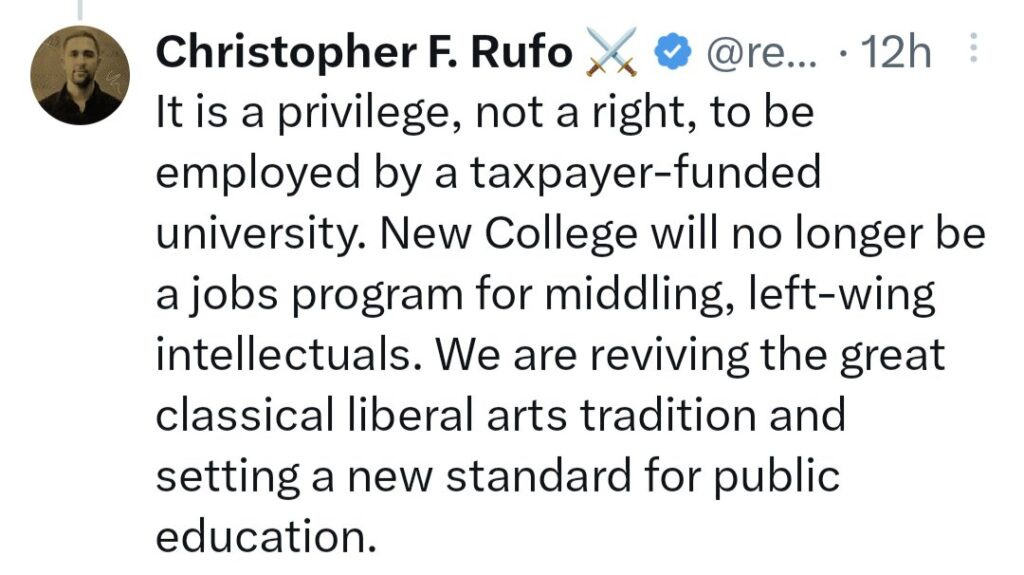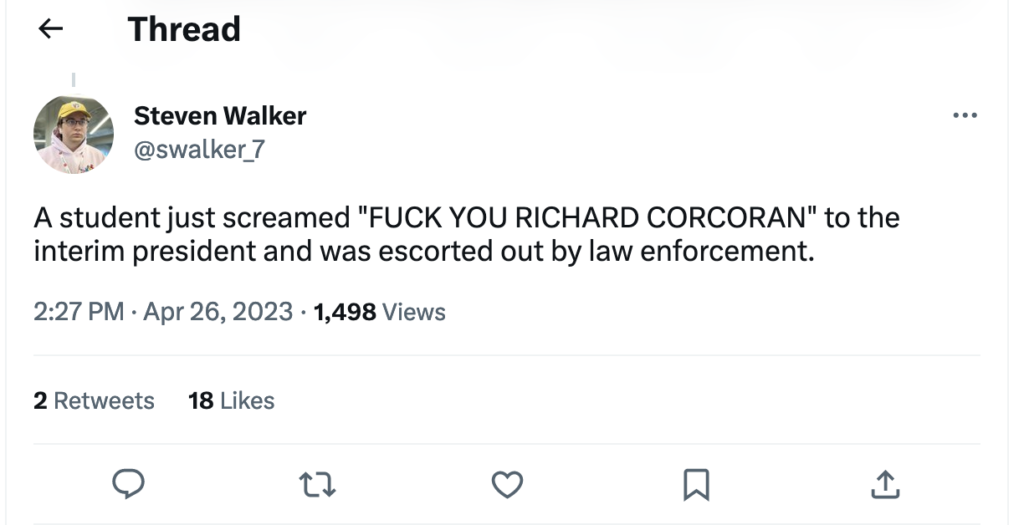Got more books on my mind than usual these days. Some initial thoughts:
Tripping on Utopia: Margaret Mead, the Cold War, and the Troubled Birth of Psychedelic Science by Benjamin Breen: This one is for my book club and I’m finding it fascinating. I confess I knew very little about Margaret Mead beyond the basics. I’m about a third of the way through this (extremely well-written) book and am finding the ways her humanistic anthropology led her not only to the idea that psychedelics might expand our ability to connect to one another, but also to working directly with the CIA to be fascinating and delightfully in tension with one another. So many people enter the orbit of Mead and her cohort you basically come away reading a chapter of this book thinking Breen has found an entry point to explaining the whole of American society during the decades he covers.


Stand on Zanzibar by John Brunner: I’m very far into a years (maybe decades) long project of reading all the Hugo winners for best novel. This quest continues despite the recent controversies (Babel absolutely should have been nominated, but the winner, Nettle and Bone by T. Kingfisher was the better book). I’m only a couple chapters into this one, but the introduction to the edition I got from my awesome local library served as a warning when it referenced Georges Perec as an influence. I will finish this, but the postmodern conceits are strong in this one.
Playing Cleopatra: Inventing the Female Celebrity in Third Republic France by Holly Grout: I’m just about done with Holly Grout’s new book on Sarah Bernhardt, Collette, and Josephine Baker’s relationship to Cleopatra. This might be considered a “work” book that I picked up in order to draft a chapter of an edited volume I am working on, but it hasn’t been as relevant as I had hoped. That said, the book is an excellent companion to Grout’s first book on beauty and effectively showcases the ways that these three actors put on display and mixed up the sexual and racial politics of the Third Republic.



